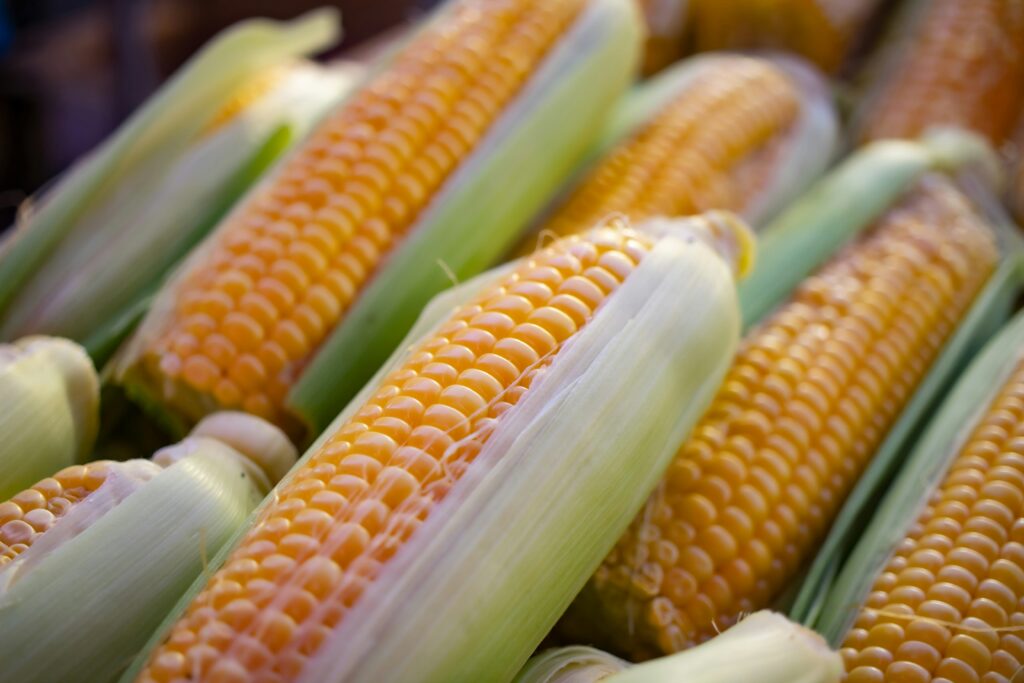Agricultural Stocks: Latest Trends, Performance, and Trading Strategies
26Jan2024 By: Rohit Kumar Karnataka, Bangalore 560043
For kinds wishing to invest in the agriculture sector, agricultural stocks are a popular option. The Agriculture industry, their trading views, and the most recent developments in the industry will all be covered in this article.

Latest Trends in the Agricultural Sector

In recent years, there have been numerous developments in the agriculture industry. Growing consumer interest in organic and sustainable farming methods is one of the industry’s major adventures. Customers are prepared to pay more for items that are produced sufficiently because they are accepted more sensitive of the effects that the foods they choose have on the history.
The growing use of technology in farming is another development in the industry. Farmers are adopting precision agriculture, which maximizes agricultural production by utilizing data and machinery. It is anticipated that farmers will continue to seek for arrangements to cut expenses and boost productivity in the upcoming years.
Performance of Agricultural Stocks

In recent times, the performance of agricultural stocks has exhibited variability. While some stocks have done well, others have not. Commodity price volatility is one of the causes of this. Wind, economic conditions, and diplomatic events are some of the causes that can cause price swings for agricultural commodities including wheat, corn, and soybeans.
In recent years, certain agricultural equities have done well, despite the volatility of compound prices. Businesses that manufacture sustainable and organic goods have experienced rapid expansion as consumers became more conscious of the environmental effects of the food they eat. Businesses that offer farmers digital solutions have also done well as farmers search for methods to boost productivity and cut expenses.
Trading Strategies for Agricultural Stocks
Because commodity prices are so volatile, trading agricultural equities can be difficult. Traders can, however, employ a few tactics to reduce risk and increase profits. promoting in a range of agricultural companies is one way to diversify your crock. By doing this, you may lessen the effect that price changes have on your portfolio as a whole.
Utilizing technical analysis to spot market patterns is an additional tactic. Technical analysis is the process of identifying trends in the market using charts and other instruments. With this knowledge, traders will be able to choose wisely when to purchase and sell agricultural stocks.
In conclusion, for those wishing to make investments in the agriculture sector, agricultural stocks may be a wise option. Investors can optimize their profits and mitigate risk by staying abreast of the most recent developments in the industry, keeping a close eye on the performance of agricultural stocks, and employing successful trading tactics.
Impact of Global Factors on Agricultural Stocks
Global elements that impact agricultural stocks include trade agreements, geopolitical concerns, and climate change. The performance of linked equities can be impacted by trade agreements and geopolitical events that affect the import and export of agricultural products. Furthermore, the production of agricultural products is threatened by climate change and harsh weather, which creates supply interruptions and volatility in the price of agricultural commodities.
Investment Considerations for Agricultural Stocks
It’s important to take into account aspects like market positioning, growth potential, and business financials when thinking about investing in agricultural equities. Understanding a company’s stability and growth potential can be gained by examining its debt levels, profitability measures, and overall financial health. Moreover, gaining insight into a business’s competitive advantages, growth plans, and market positioning can help spot profitable ventures in the agriculture industry.
Regulatory and Policy Impacts on Agricultural Stocks
Government subsidies, environmental laws, and agriculture-related restrictions can all have a big impact on agricultural stocks. Agricultural enterprises may see changes in the operational and financial landscape as a result of changes in agricultural policies, such as farm bill amendments and environmental laws. Furthermore, the profitability and growth trajectory of agricultural companies can be impacted by government subsidies and assistance programs, so it’s critical for investors to keep up with changes in policy.
Emerging Technologies and Innovation in Agriculture

The agricultural industry is undergoing a change thanks to the integration of cutting-edge technology like data analytics, artificial intelligence, and precision agriculture. Investors have the opportunity to investigate businesses that are utilizing cutting-edge technologies to improve agricultural practices, increase crop yields, and maximize resource use. Determining investment prospects in the agriculture industry requires an understanding of the possible effects of technology improvements on productivity and efficiency.
Economic Outlook and Demand-Supply Dynamics
Making well-informed investment decisions requires evaluating the demand-supply dynamics and economic prospects for agricultural products. The demand for agricultural commodities is influenced by factors including population increase, dietary changes, and the growth of emerging markets. This, in turn, affects the performance of linked equities. Furthermore, knowledge of supply-side factors, such as projected crop yields and inventory levels, offers important context for assessing the state of the agricultural stock market.